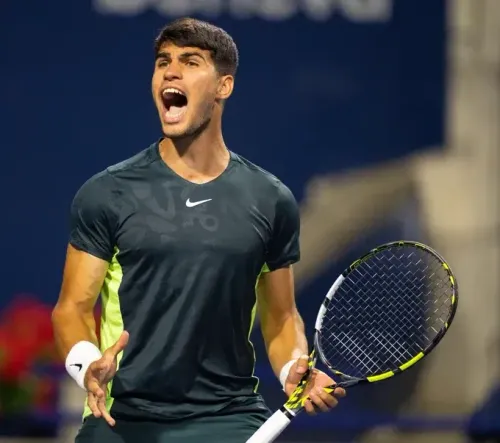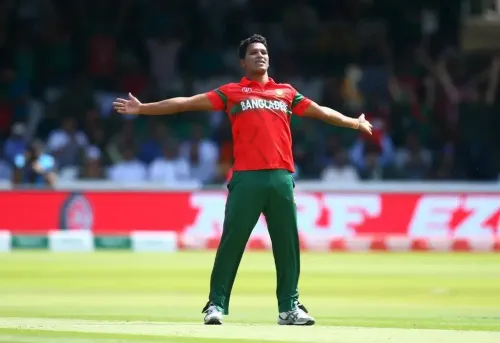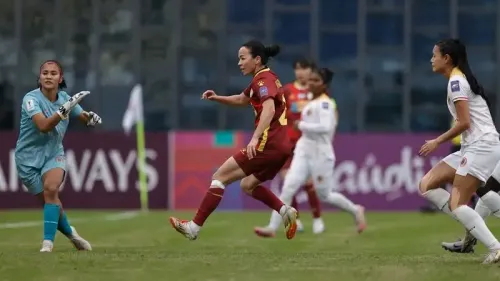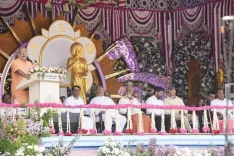Why Did Crystal Palace Get Demoted to the Conference League?
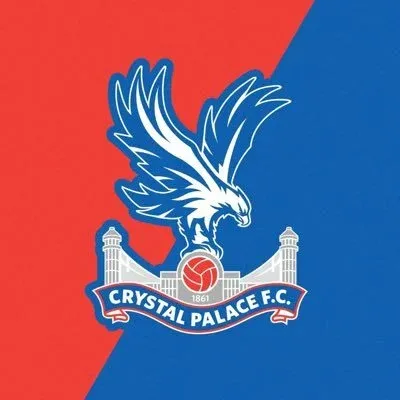
Synopsis
Key Takeaways
- Cristal Palace has been demoted to the UEFA Conference League.
- The Court of Arbitration for Sport upheld UEFA's decision.
- The club's statement criticized the diminishing value of sporting merit.
- Palace had qualified for the Europa League after winning the FA Cup.
- The club is exploring legal options while preparing for the Conference League.
New Delhi, Aug 12 (NationPress) Crystal Palace has issued a statement following their unexpected demotion to the UEFA Conference League due to a violation of UEFA's multi-club ownership guidelines.
On Monday, the Court of Arbitration for Sport (CAS) rejected the club's appeal against UEFA, Nottingham Forest FC, and Olympique Lyonnais (OL) after Crystal Palace was removed from the UEFA Europa League 2025/2026 for breaching multi-club ownership regulations.
Consequently, Crystal Palace will now participate in the UEFA Conference League 2025/2026. The Eagles had made history by qualifying for the Europa League for the first time after winning the 2024/25 FA Cup.
The club expressed that the ruling demonstrates that sporting merit is rendered meaningless.
“While we should be celebrating our Community Shield victory at Wembley, UEFA's decision, followed by the CAS ruling, indicates that sporting merit holds no value,” the statement on the club's website said.
“Our manager and players earned their right to compete in the Europa League after defeating Manchester City in the FA Cup final. We have been unjustly denied that chance. It seems certain clubs, organizations, and individuals possess an unfair advantage and influence.
“This unhealthy trend has dashed the aspirations of Crystal Palace fans and poses a significant concern for all teams striving to progress in Europe when rules are inequitably enforced,” the club added.
On Sunday, the Eagles claimed the Community Shield, triumphing in a penalty shootout after a thrilling 2-2 draw.
Despite what they view as a significant injustice, Crystal Palace committed to competing with unwavering determination in Europe's third-tier football competition.
“UEFA’s ruling has broader implications for the governance of football. A mix of poorly designed regulations and their inconsistent enforcement means our devoted fans will be deprived of witnessing this team compete in the Europa League for the first time in our history.
“While we explore legal options for our next steps, we will approach the Conference League with the same resolve and competitive spirit that defines this remarkable club,” the statement concluded.


